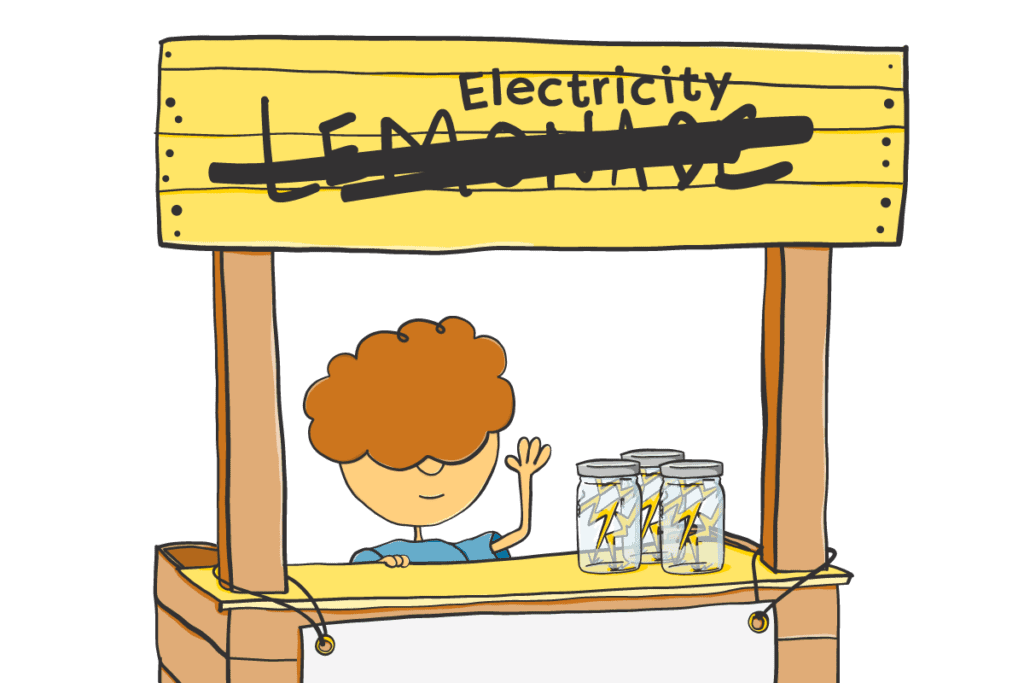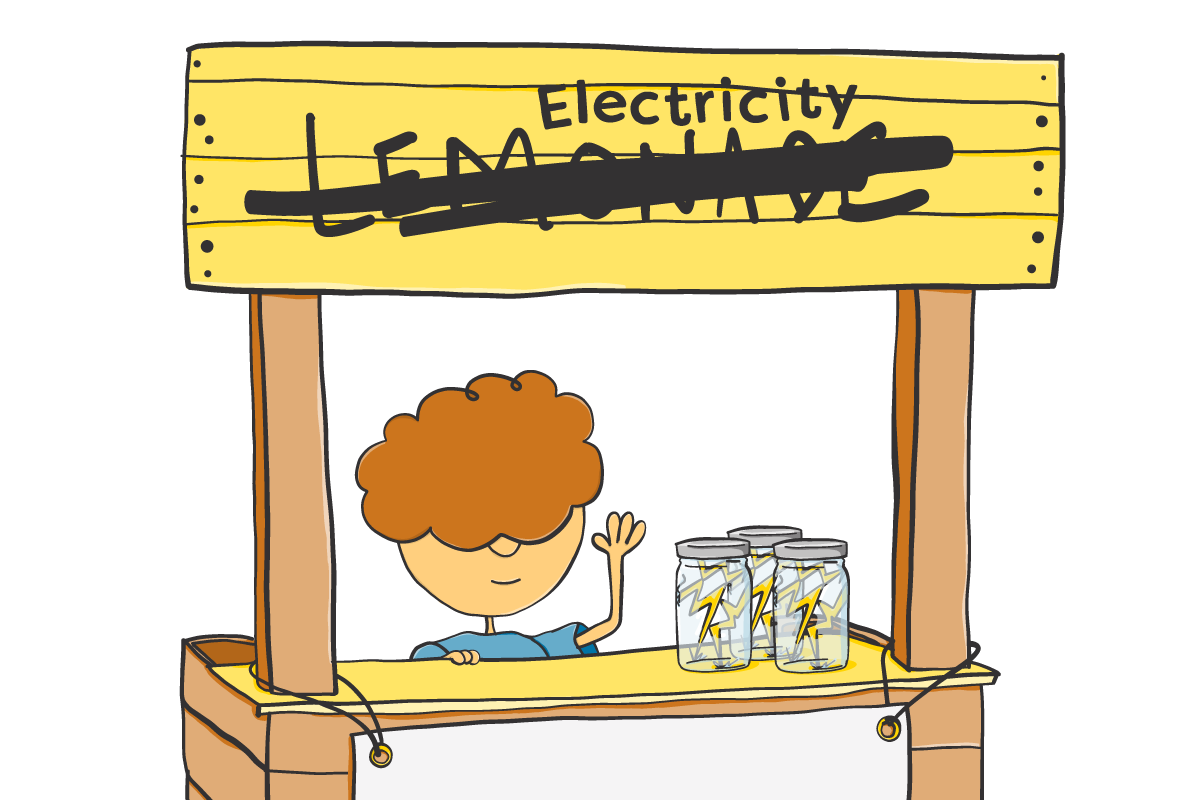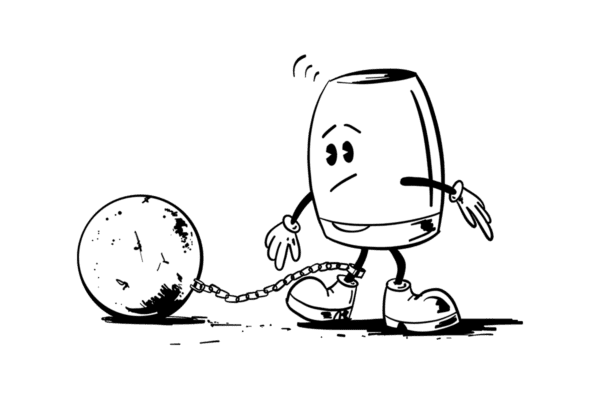Idealog magazine takes a look at the new generation of technology-focused electricity providers “riding in on the cloud with an iPad in their scabbard” – including an interview with Electric Kiwi’s Julian Kardos.
Check out the article below:
Smart power

Until recently, energy companies have been the one-eyed king in the land of the blind, providing consumers with confusing information and a lack of choice, while pocketing healthy profits.
Not any more. A streamlining exercise by the Electricity Authority has opened up the market to competition, and the new boys are riding in on the cloud, with an iPad in their scabbard.
Here are three of the new kids on the block:
ELECTRIC KIWI
Launched in May, Electric Kiwi offers "naked electricity", a business model structured around online tech innovation.
"We're a tech start up as well as an energy start up," says GM Julian Kardos. "We're completely online, we don't have any call centres, all payments are made using credit and debit card, and all trouble-shooting is done through live chat."
The cost savings are obvious - fewer bums on seats means less capital outlay, and the saving is passed on to the consumer.
"This approach isn't for everyone," admits Kardos. "Some people like to chat about the weather." But if you're internet savvy you could save big, as long as you're on a smart meter.
Smart meters mean that Electric Kiwi is able to get more information about its consumers, Kardos says.
"We've changed the pricing model to reflect power usage based on that information. Instead of discount incentives and different rates for different customers, we've given everyone access to a flat rate and the 'Hour of Power' - a free hour of off-peak electricity each day."
Kardos says if you do nothing, you will save an average of 4.2%, but if you think about your power consumption and complete high energy jobs during that hour, you could save 10%-15%.
"And importantly, we're reducing the peak load on the network and encouraging people to consume power at night when it's mostly renewable," says Kardos. "Our model is good for the country, as well as the individual consumer."














